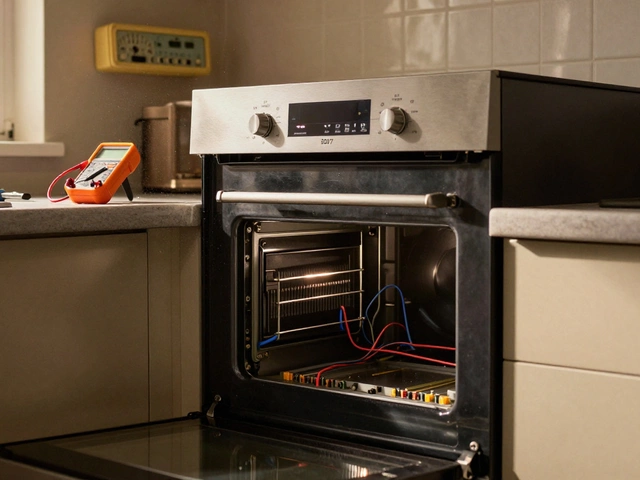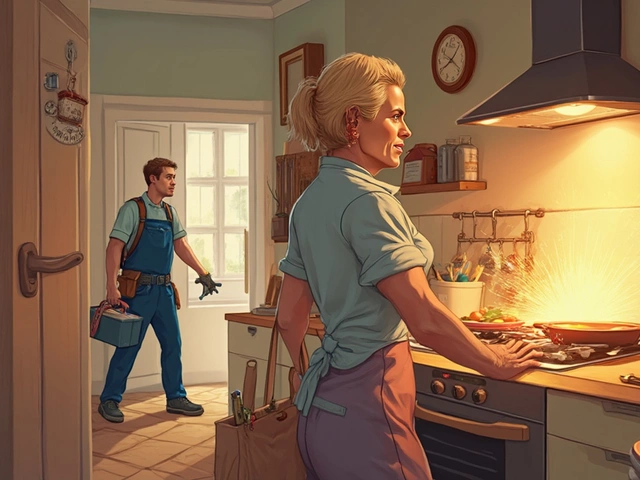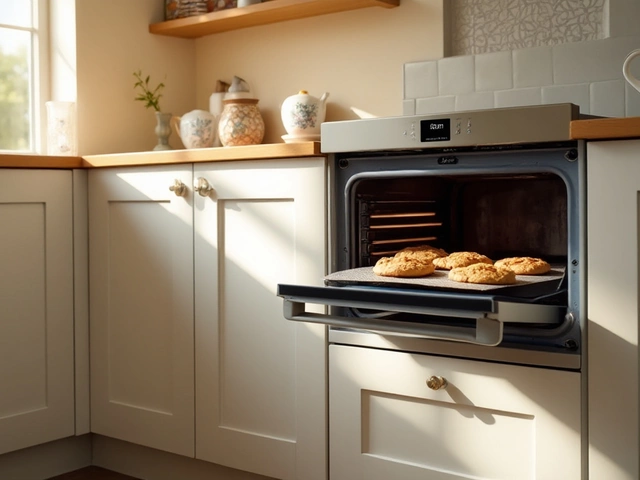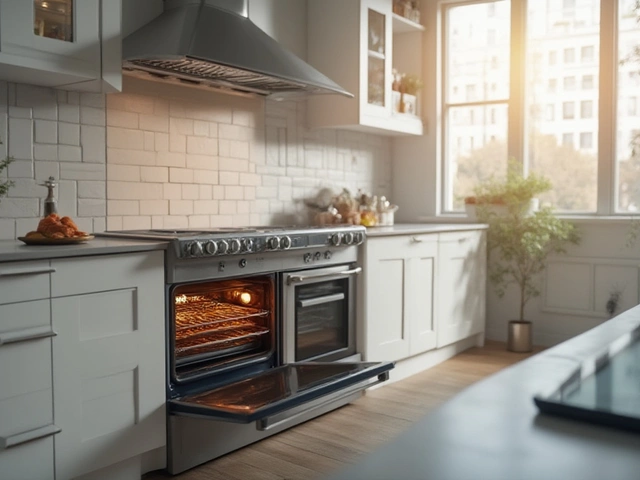If you’ve ever stepped into a shower expecting steam and got an icy blast instead, you know how annoying a cold‑water problem can be. The good news? Most of the time the fix is simple and you don’t need a full‑blown service call. Below we’ll walk through the most common culprits, quick DIY checks, and signs it’s time to call the experts.
First, think about the source. Is the problem coming from a boiler, an electric water heater, or a combination system? A broken thermostat, a tripped reset button, or sediment build‑up can all stop the heater from delivering hot water. In many homes, the reset button on an electric heater trips because of a short‑circuit or overheating. Pressing it back in after a short cool‑down often restores heat, but if it keeps tripping, the heater may need a deeper repair.
Another frequent offender is a clogged intake valve or a faulty pressure‑relief valve. These parts keep the system balanced; when they fail, the heater can’t ignite properly, leaving you with a lukewarm or cold tap. Also check the gas supply if you have a gas boiler – a shut‑off valve or low‑pressure issue can stop the burner from firing.
Grab a flashlight and open the heater’s access panel. Look for obvious signs of corrosion, loose wires, or a broken thermostat. If you see a reset button, press it once – but only after the unit has cooled for at least 15 minutes to avoid electric shock.
Next, flush the water heater. Over time, mineral deposits settle at the bottom and act as insulation, preventing the heating element from warming the water. To flush, turn off the power or gas, attach a garden hose to the drain valve, and let the water run until it’s clear. This quick maintenance can extend the heater’s life and restore proper heating.
Don’t forget to check your faucet aerators and shower heads. A build‑up of limescale can restrict hot water flow, making it feel cooler than it actually is. Unscrew the fixture, soak it in vinegar for an hour, then rinse and reinstall.
If after these steps the water stays cold, it might be time to inspect the heating element (for electric heaters) or the burner assembly (for gas). Both are relatively easy to replace if you’re comfortable with basic tools, but if you’re unsure, it’s safer to let a qualified technician handle it.
Remember, persistent cold water could also signal a larger issue, like a leaking pipe or a failing boiler that needs a professional service. Keeping an eye on any strange noises, leaks, or error codes on the heater’s display will help you explain the problem clearly when you call for help.
In short, most cold‑water woes stem from a reset button, sediment buildup, or a faulty thermostat. Quick checks, a simple flush, and a little visual inspection can solve many cases. When the problem persists, don’t hesitate to call a certified repair service – especially if you spot leaks or repeated reset trips. Getting your hot water back means staying comfortable, saving money on wasted energy, and avoiding a cold‑shower surprise tomorrow morning.

When your water heater only puts out cold water, it’s more than just annoying—it can point to real problems inside the unit. This article breaks down the most common reasons behind a water heater that refuses to warm up, from tripped breakers to busted heating elements. You’ll find tips on quick checks you can do at home before calling a pro, plus some unexpected facts about how water heaters really work. Knowing what’s wrong can save you from a frigid morning shower and a giant repair bill. Get ready to tackle that cold water problem with practical advice you can use right away.

Is replacing your oven control board worth it? Learn the real costs, when to repair vs replace, and what most UK homeowners get wrong. Save money and avoid costly mistakes.

An electric hob on the fritz can leave you in a lurch, but knowing how much it costs to fix can help you prepare. We'll break down the average repair costs, consider factors like brand, parts, and labor, and help you decide if a repair or replacement makes more sense. Get the inside scoop on typical issues that might arise and how to avoid them in the future. With this guide, you'll feel more confident when talking to repair technicians and won't be caught off guard by unexpected expenses.

An electric oven is a staple in most kitchens, used for everything from baking cookies to roasting savory meals. Knowing how long an electric oven is expected to last can help homeowners budget and plan for replacement or repairs. This article explores the average lifespan of electric ovens, factors influencing their durability, and tips on maintenance to extend the life of the appliance. Understanding these aspects will aid in maximizing the utility and performance of your oven.

Need to replace your electric oven element? Find out how much it costs, what affects the price, and the best options for repairing your oven in 2025.

Thinking about replacing your old boiler but dreading the mess? This article breaks down exactly what kind of disruption to expect during a boiler swap. Find out what typically gets messy, which steps are surprisingly neat, and how you can prep your space to keep chaos to a minimum. Get straightforward tips to protect your home, plus the real deal on post-installation cleanup. No sugarcoating—just facts every homeowner should know before booking the job.